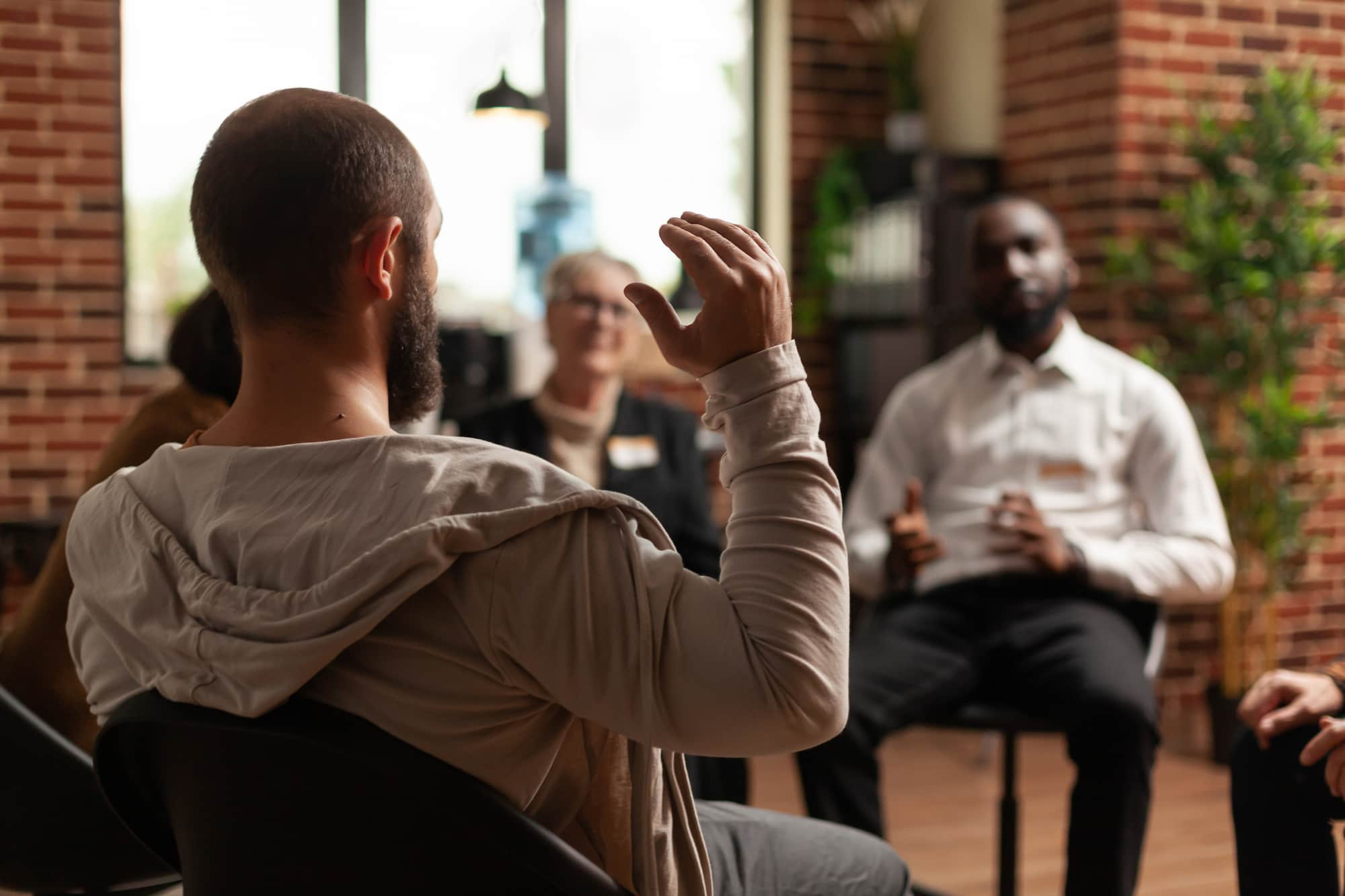Nurturing Recovery: A Guide to Community Support and Alcohol Recovery Programs in Richmond and Central Virginia
If you or a loved one face difficulties with substance abuse, whether it be in the form of excessive alcohol consumption, drug use, or a combination of both, you are not alone. You are not alone not only in the sense that many other people are experiencing similar difficulties but also because there are organizations out there that can — and are willing — to help repair any consequences you might be facing as a result of your addiction.
When substance abuse is a known issue, these organizations are worth looking into regardless of whether or not you or a loved one is currently facing a DUI or a drug possession charge.
First and foremost, these programs can be helpful in addressing the substance abuse issues you may be facing. But, if charges are before a court, they are also good in that they are concrete, demonstrable evidence that you can show a judge to explain how you are taking your health seriously and being proactive about making a positive change.
The standard statutory requirement of enrolling in and completing the Virginia Alcohol Safety Action Program (VASAP) after convictions in Virginia DUI cases is a clear indication of the importance courts place on rehabilitative programs whenever substance abuse is harming a person’s behavior and lifestyle.
Understanding the Substance Abuse Support Landscape in Virginia
Community support and recovery programs often emphasize and are designed around the concept of “holistic” recovery (treating the whole person). By emphasizing the treatment of the whole person, these programs target not only the addiction itself but also explore the physical, mental, emotional, and social facets of a patient. Holistic treatment can involve one or more of the following elements:
- Group Support: Rather than treating the person in isolation, many programs will feature group or peer support. By including the patient in a group with other similarly-situated individuals, it is possible for the person to understand that there is nothing uniquely wrong with themselves and that others in similar predicaments can and are successfully addressing their substance abuse issues.
- Science of Addiction: Much research has been done on the physiological and psychological effects of substance abuse. Many programs will implement an educational component to their systems so that patients become aware of how their own minds and bodies operate in the context of substance abuse. Through understanding the addiction process, the patient becomes more aware of how their addiction has developed and how it might be reduced or eliminated.
- Recovery Regimen: Group therapy, counseling, and workshops are among the structured activities offered by recovery programs. The purpose of these activities is to help patients learn more about their addiction, how to develop coping skills needed to combat the addiction, and explore some of the root causes behind the addiction. The regimen may also include instruction about habits centered around healthy nutrition, exercise, and mindfulness exercises.
- Support and Accountability: A recovery community offers people struggling with addiction an opportunity to express themselves openly, without judgment, while also providing much-needed accountability. Both challenges and successes are acknowledged without shame. This can help develop trust in the recovery process as well as heal some of the emotional scars caused by addiction.
- Social Recovery: Recovery programs can often offer the patient opportunities to recover from some of the social damage inflicted by addiction. The road to recovery is multi-faceted and not just about the cessation of substance abuse, whether it be in the form of repaired communications skills, the establishment of healthy daily routines, or returning to a position where the patient is ready and eager for steady employment.
- Holistic Wellness: Some programs incorporate physical activities, nutrition, and mindfulness practices to promote physical and mental well-being. These practices can reduce stress, improve overall health, and support recovery.
- Family and Community Assistance: Recovery does not typically occur in isolation; it will often involve support from both the patient’s family and the surrounding community. Many recovery programs will offer resources for the patient’s family and their social community to better understand the patient’s addiction and how they can help out in the recovery from addiction.
- Crisis Management and Aftercare: Sobriety is an ongoing and long-term process. Most programs will offer assistance in the event of a crisis or relapse. Long-term guidance even after leaving the program is generally provided as well, to assist the patient after their departure.
Overall, community support and recovery programs provide a comprehensive and integrated approach to recovery, addressing not only the physical and mental aspects of addiction but also the social and emotional dimensions. They create a network of support that fosters a sense of belonging, acceptance, and hope, which are crucial elements in achieving and maintaining long-term recovery.
Substance Abuse Treatment Programs in Richmond and Central Virginia
If removal from the Richmond area is preferred, there is no shortage of treatment programs located outside of the Commonwealth of Virginia. Those options are beyond the scope of this article, but a careful review of any out-of-state option is recommended before enrolling.
The following list of substance abuse treatment providers in the greater Richmond area of Virginia is not an endorsement by this firm and is provided only to include some options for your review. The programs are listed in alphabetical order.
CleanSlate
– Offers outpatient addiction treatment for opioid use disorder and alcohol use disorder
– Website: https://www.cleanslatecenters.com/richmond-va
Community Access Network
– Offers treatments for people living with both behavioral health and substance use disorders
– Website: https://www.communityaccessnetwork.org/behavioral-health/
Daily Planet Health Services
– Offers mental health counseling (one-on-one and group), substance use counseling, and psychiatric medication management
– Website: https://dailyplanetva.org/
The McShin Foundation:
– Offers sober living and recovery housing in Richmond
– Website: https://mcshin.org
New Life Journey
– Offers evaluations, counseling, and treatment on an outpatient basis
– Website: https://www.newlifejourneyva.com/
OneSource
– Offers addiction rehabilitation, mental health services, treatment programs and facilities supporting long-term drug and alcohol recovery
– Website: https://onesourceofva.org
R.I.S.E. Program
– Offered to inmates at Henrico East Jail, the program is peer-run and under the direct supervision and guidance of Henrico Mental Health
– Website: https://henrico.us/sheriff/transitional-programs/rise/
True Recovery
– Offers a variety of treatment services, including recovery housing and outpatient treatment at their Day Center
– Website: https://www.truerecoveryrva.com/services
Virginia Department of Behavioral Health – Office of Recovery Services
– Provides resources for behavioral health issues and substance abuse disorders
– Website: https://dbhds.virginia.gov
Recovery with Substance Abuse Treatment
People can and do recover from substance abuse. Some recover faster and more easily than others. A number of factors, such as age of the person, their support networks, and their mental health history, can affect the likelihood of relapse. But recovery is a possibility regardless of any headwinds you or your loved one may be facing.
It is entirely possible that a particular treatment program will be a good fit for some people but not others. If an attempt does not meet with success, do not give up hope — continue your fight to address substance abuse!







